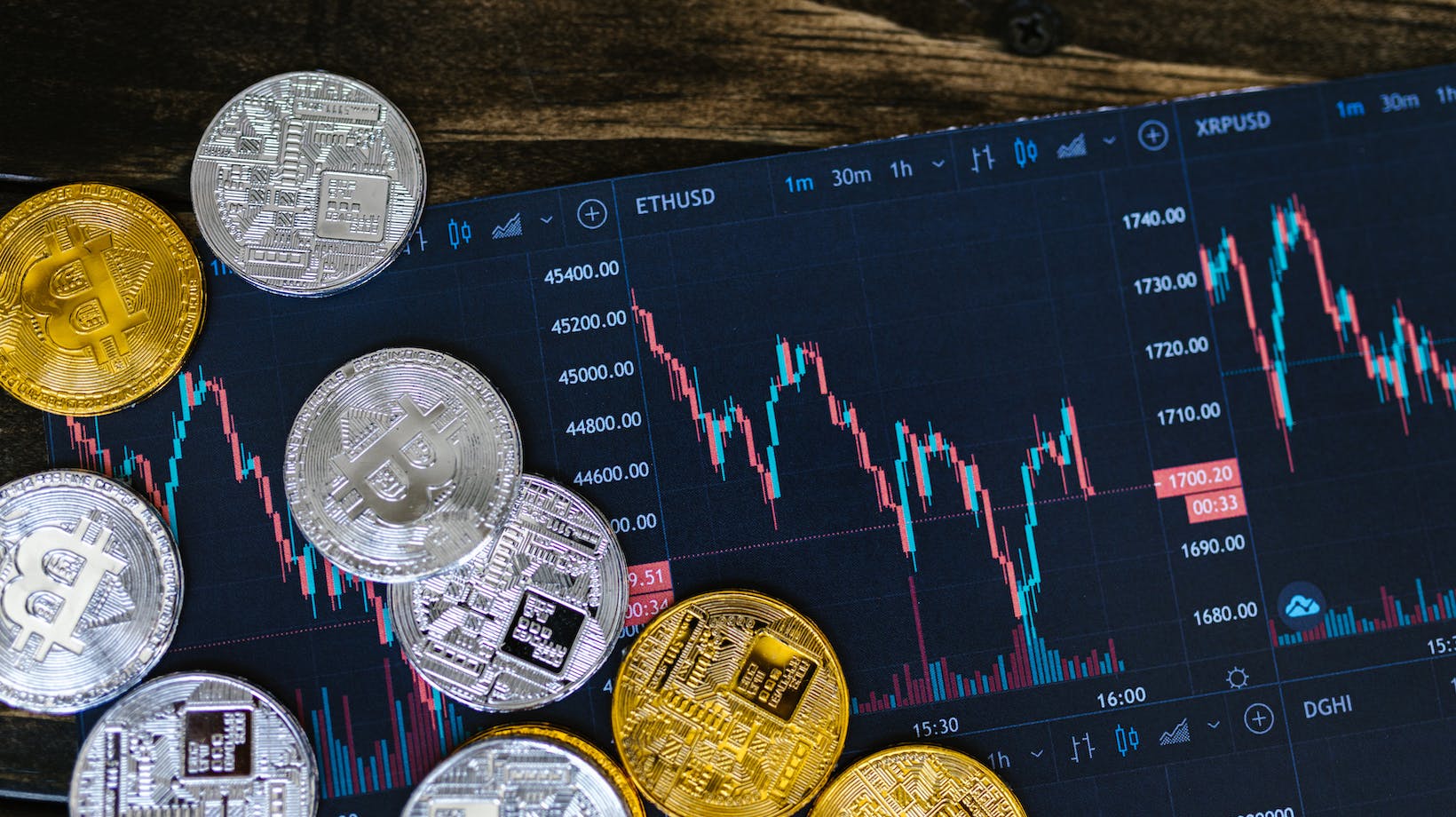
The Israel-Hamas conflict has generated speculation about its potential impact on the cryptocurrency market. Recent reports suggest that crypto wallets linked to groups like Hamas and the Palestine Islamic Jihad received substantial sums, with Hamas receiving about $41 million and PIJ receiving $93 million in crypto between August 2021 and June 2023.
Cryptocurrency’s Resilience Amid Geopolitical Tensions
In the realm of global finance, crises akin to the current situation between Palestine and Israel are neither unprecedented nor destined to be the last, revealing the enduring resilience of financial markets amidst geopolitical turbulence. Here are a few specific examples of how cryptocurrencies have demonstrated resilience in the face of geopolitical turmoil:
- US-Iran Tensions (Early 2020): In January 2020, tensions escalated between the United States and Iran following the killing of Iranian General Qasem Soleimani. This geopolitical turmoil led to a surge in Bitcoin’s price. Many saw Bitcoin as a hedge against potential economic instability caused by the conflict.
- Russia-Ukraine Conflict (2014 – Present): The ongoing conflict between Russia and Ukraine, which began in 2014, has seen fluctuations in the value of cryptocurrencies. During times of heightened tensions or economic instability in the region, cryptocurrencies like Bitcoin have experienced increased demand.
- Venezuela’s Hyperinflation Crisis (2018 – Present): Venezuela’s economic crisis and hyperinflation have led to a surge in the adoption of cryptocurrencies, particularly Bitcoin, as a means of preserving wealth. Many Venezuelans turned to crypto to escape the devaluation of their national currency.
These examples highlight how cryptocurrencies, particularly Bitcoin, have acted as alternative assets during times of geopolitical uncertainty or economic instability. While they are not entirely immune to market forces, they have shown resilience and appeal as potential safe havens for investors looking to navigate turbulent geopolitical landscapes.

Geopolitical Impact on Crypto Market: Current Trends And Future Implications
The Israel-Hamas demonstrated the ability of intelligence agencies to identify and restrict terrorist-owned digital asset wallets. This could potentially lead to increased scrutiny and monitoring in the crypto space.
It’s important to note that, as of now, the crypto market has not shown significant fluctuations in response to the conflict. The crypto market is influenced by various factors, and geopolitical events are just one of them. However, in the event that the conflict amplifies global uncertainty, there’s a likelihood that certain investors may turn to assets like Bitcoin, widely regarded as a reliable store of value in periods of instability.
What Should Crypto Investors Do
Regardless of the geopolitical events unfolding worldwide, crypto investors should remain steadfast in adhering to their carefully devised investment strategies. They are expected to:
-
Diversify Investments
Diversification is a critical strategy in managing investments, especially during uncertain times. By spreading investments across various asset classes, an investor can reduce risk and potentially enhance returns. It safeguards against significant losses in any single investment, creating a more balanced and resilient portfolio.

-
Rebalance For Optimal Returns
Periodic portfolio analysis and rebalancing are essential. For instance, consider an investor who bought 100 MEME coins at $10 each a month ago. With a 40% increase, their MEME portfolio now values at $1400. To mitigate risk, the investor decides to exchange MEME for promising cryptocurrencies like Avalanche (AVAX) and Binance Coin (BNB). The investor assesses promising options like Avalanche (AVAX) and Binance Coin (BNB). After thorough technical and fundamental analysis, they compare AVAX vs BNB and anticipate BNB offering more potential. Consequently, they decide to swap MEME to BNB on a reliable exchange. This process allows the investor to adapt to changing market conditions and maximize returns while managing risk effectively.
In conclusion, while the Israel-Hamas conflict may have indirect and subtle impacts on the crypto market, it’s not the sole driver of cryptocurrency price movements. Investors should exercise caution, but cryptocurrencies’ resilience and status as a hedge against traditional financial systems might continue to make them an attractive asset class during uncertain times.





